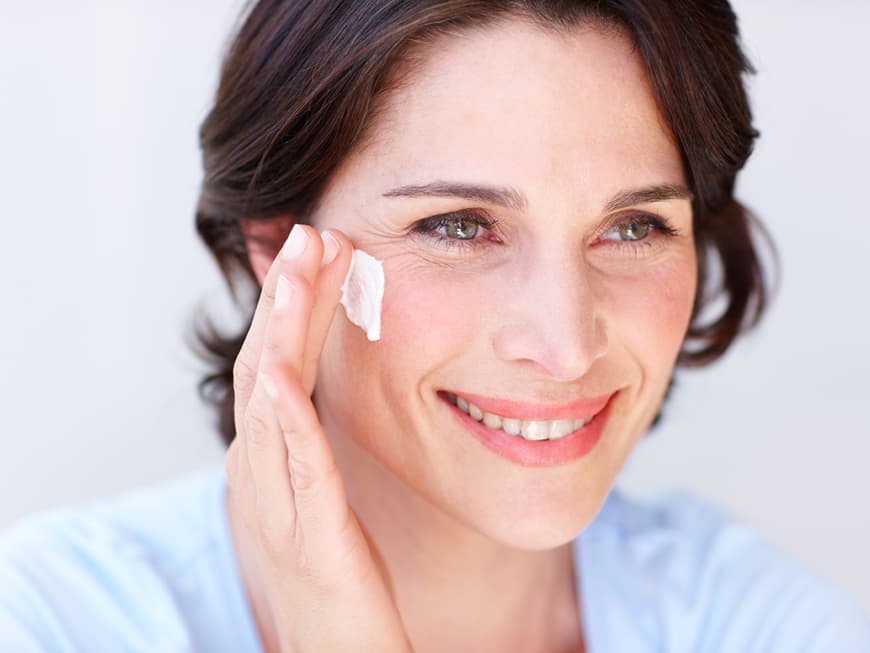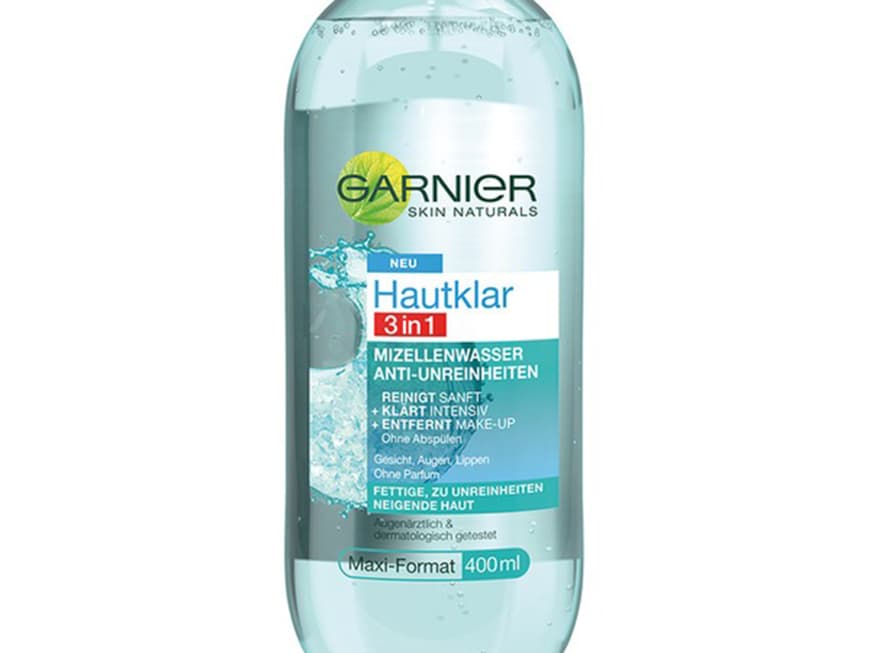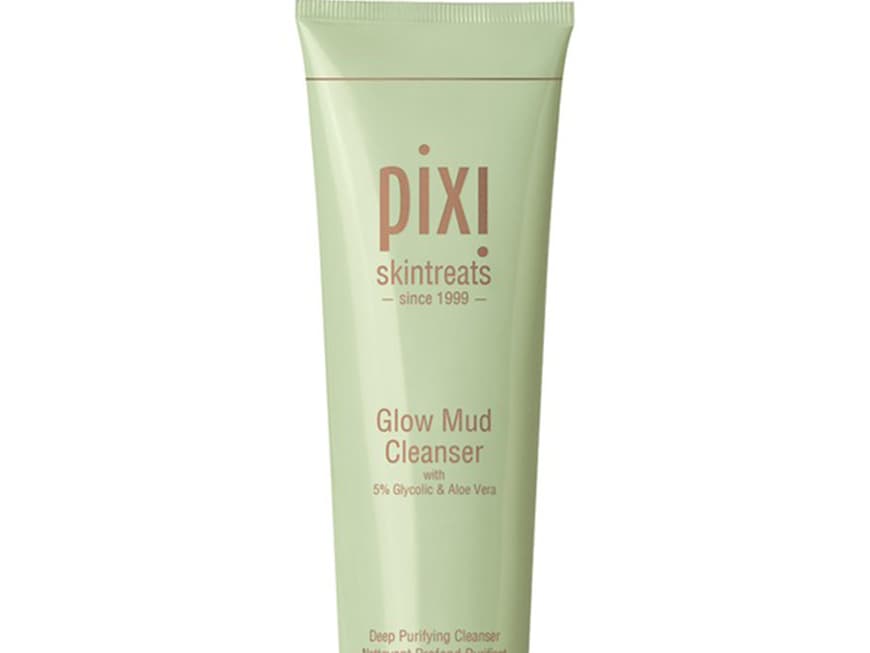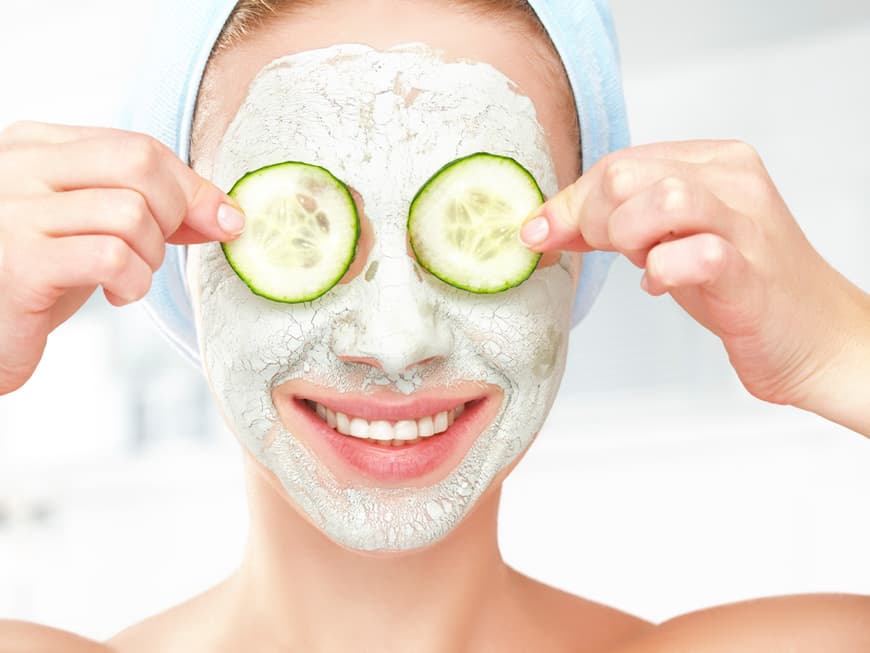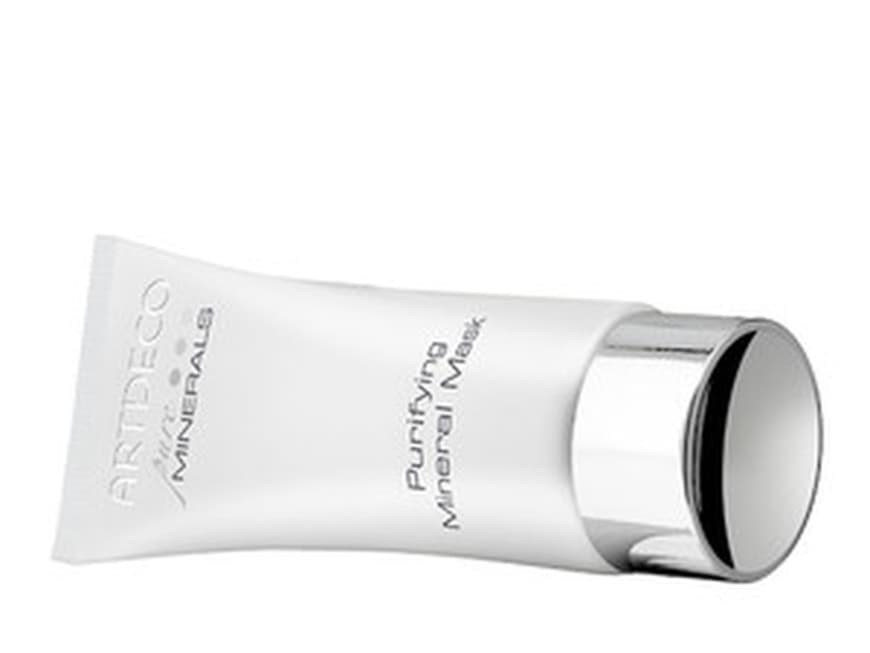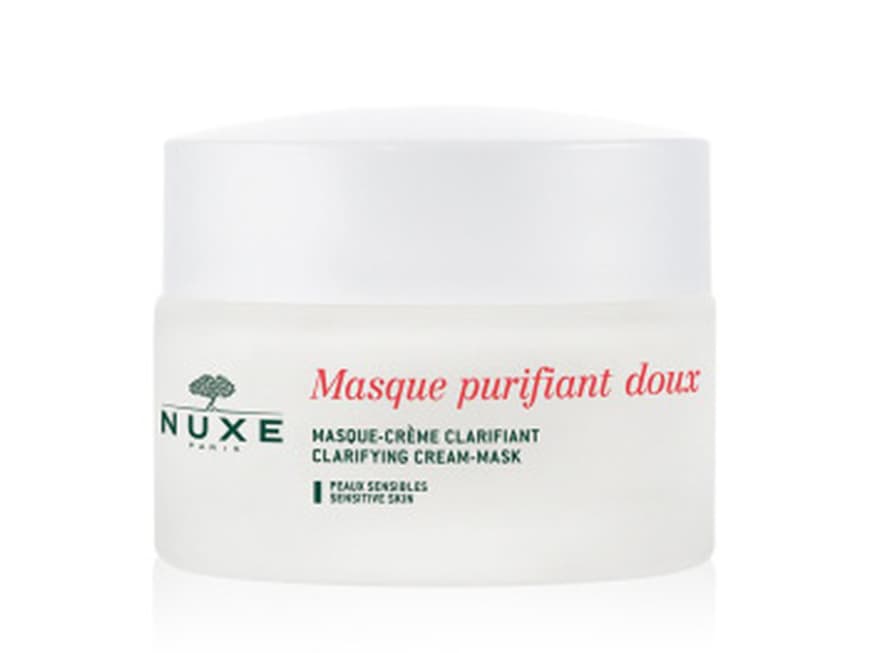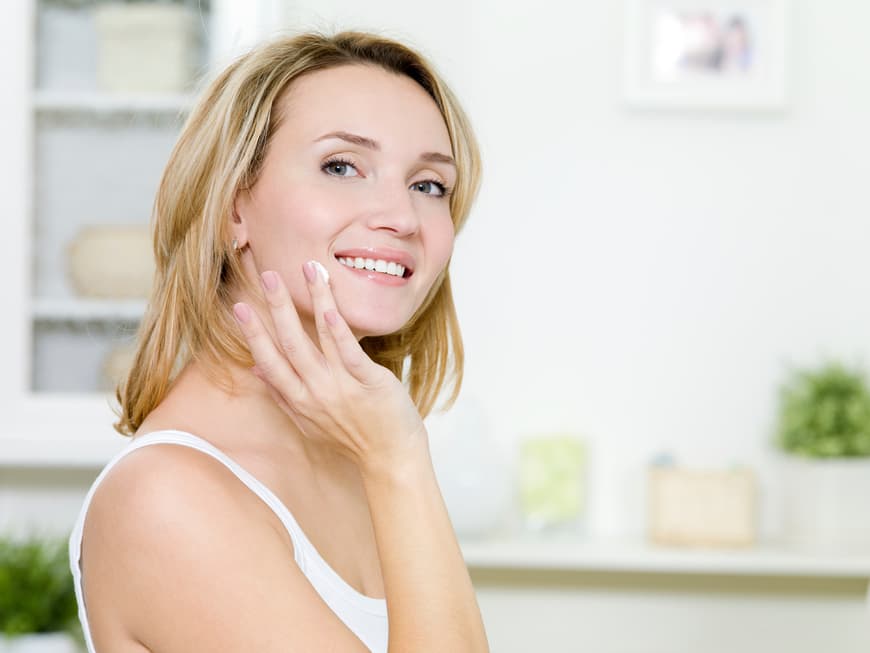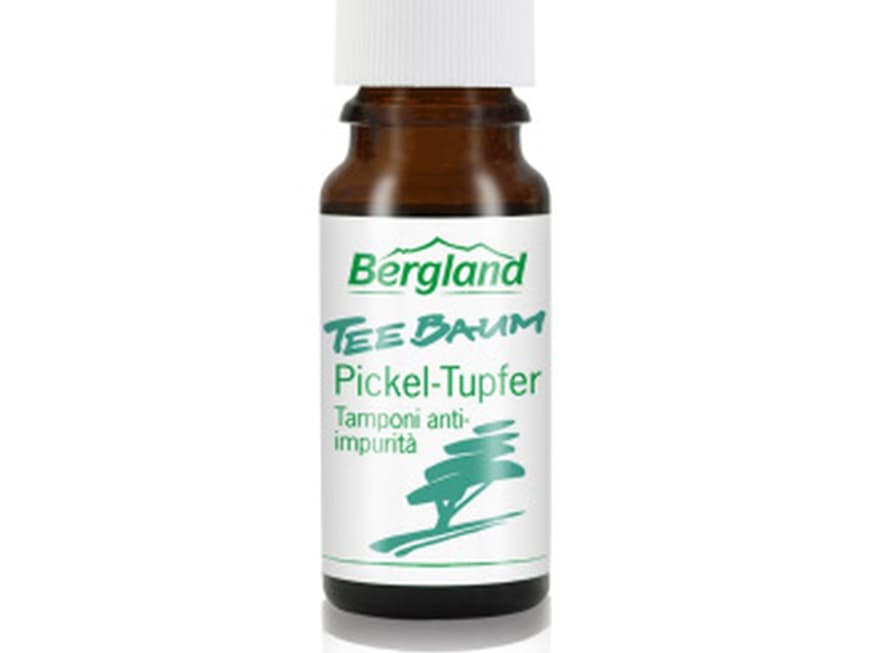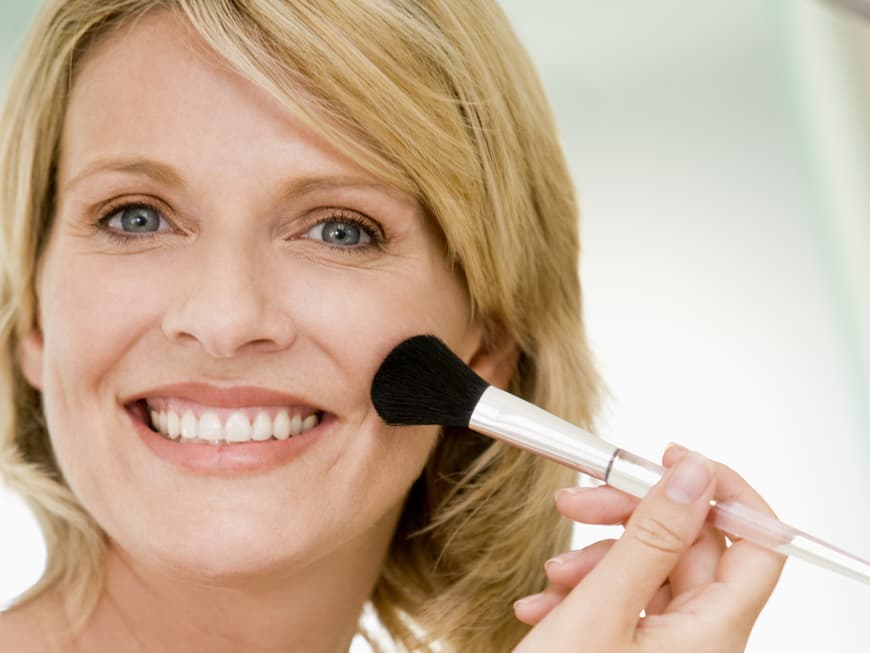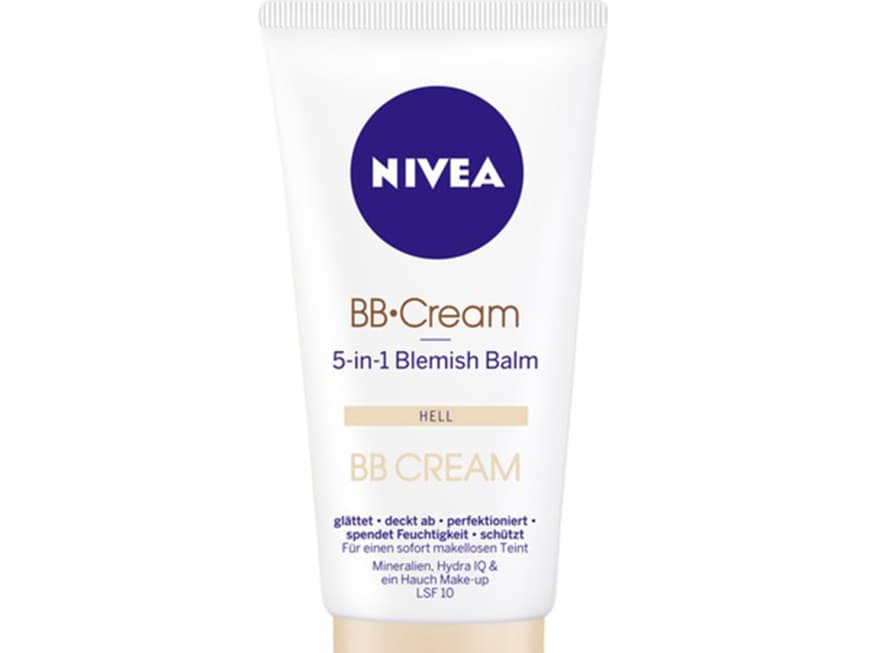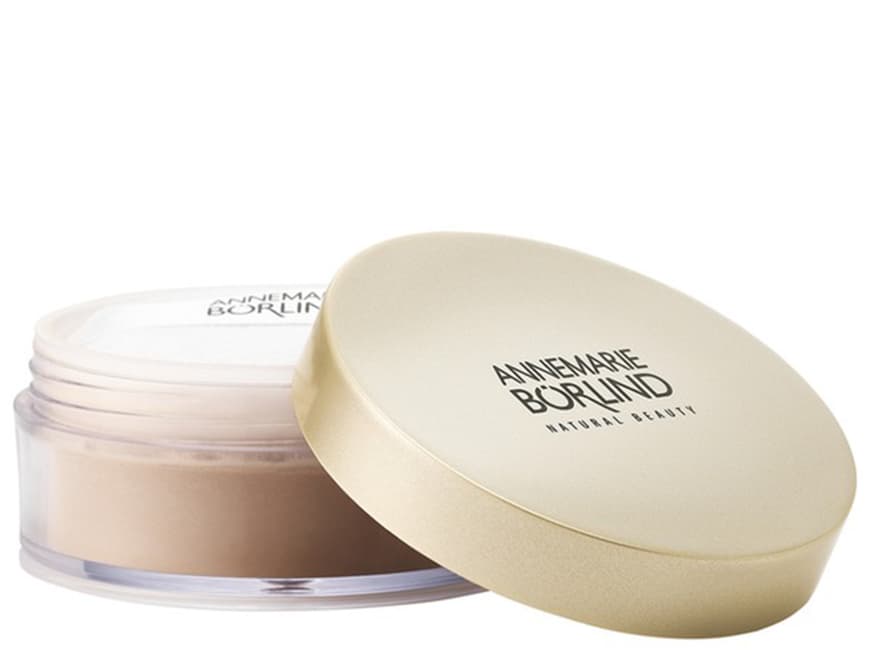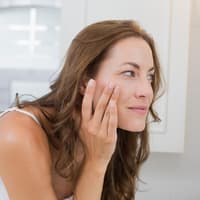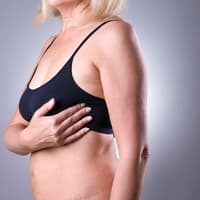Cleansing
Although the skin is less affected by sebum and blackheads with age, the inflammation is deeper. At the same time, your complexion no longer repels dead skin cells as well, which can also clog pores. Therefore: cleanse, but gently. Harsh products destroy the protective acid mantle that fends off bacteria!
Masks
It is important that this extra portion of care not only plumps up mature skin with moisture and smoothes wrinkles, but also clarifies it.
Creams
Hormonal changes during the menopause have a double impact on the skin: on the one hand, they cause blemishes and, on the other, wrinkles because less collagen is produced. A cream mix of antibacterial AND anti-ageing is therefore essential.
Nutrition
Less dairy products: Because, according to researchers, too much yogurt & co. can promote or even cause acne. Less fast food: According to studies, the high glycemic index in pizza and burgers also contributes to blemishes. More fish: Because it prevents inflammation - including of your skin. More fennel: Its detoxifying effect prevents spots. More nuts: They provide the complexion with plenty of selenium and zinc, thereby also inhibiting inflammation.
SOS help
If pimples appear at the worst possible time, essential tea tree oil (e.g. alkmene; €5) is a real savior in times of need. It is dabbed on with cotton buds and has an immediate antiseptic effect. Also great: zinc ointment (pharmacy) or special pimple stoppers with salicylic acid.
Make-up
...makes your skin appear even more flawless. But it must not block the pores! A light foundation with antibacterial agents is therefore ideal.
3 questions for the dermatologist
Why do women often have spots as they get older?
Prof. Dr. med. Kristian Reich, Dermatologikum Hamburg: Inaddition to incorrect skin care, poor diet, environmental and hormonal influences, the genetic tendency to pimples also plays a role for many women.Lifestyle habits such as smoking can also have an unfavorable effect.
Can blemished skin be controlled by skin care alone?
Prof. Dr. med. Kristian Reich: Skin care is not a panacea. But as too many or too oily products can be the cause of blemished skin, the right skin care (less is often more!) is an important basis. And this should then be combined individually - e.g. with medical cosmetics, nutritional advice, walks in the fresh air, hormonal examinations if necessary or a change in the medication you are taking.
How often does the complexion need to be cleansed during the day?
Prof. Dr. med. Kristian Reich :Using facial cleansers twice a day is not recommended. This is because many of these products are soaps and attack the skin barrier! Water is fine in the morning and a mild cleanser with an acidic pH value (5.0-5.5) in the evening.

